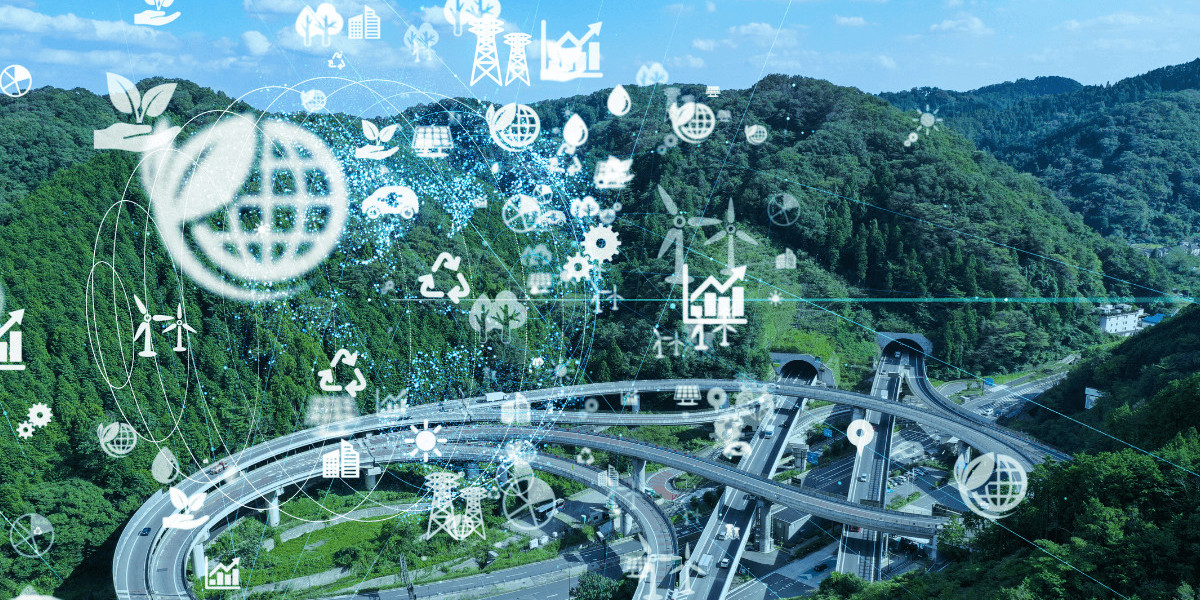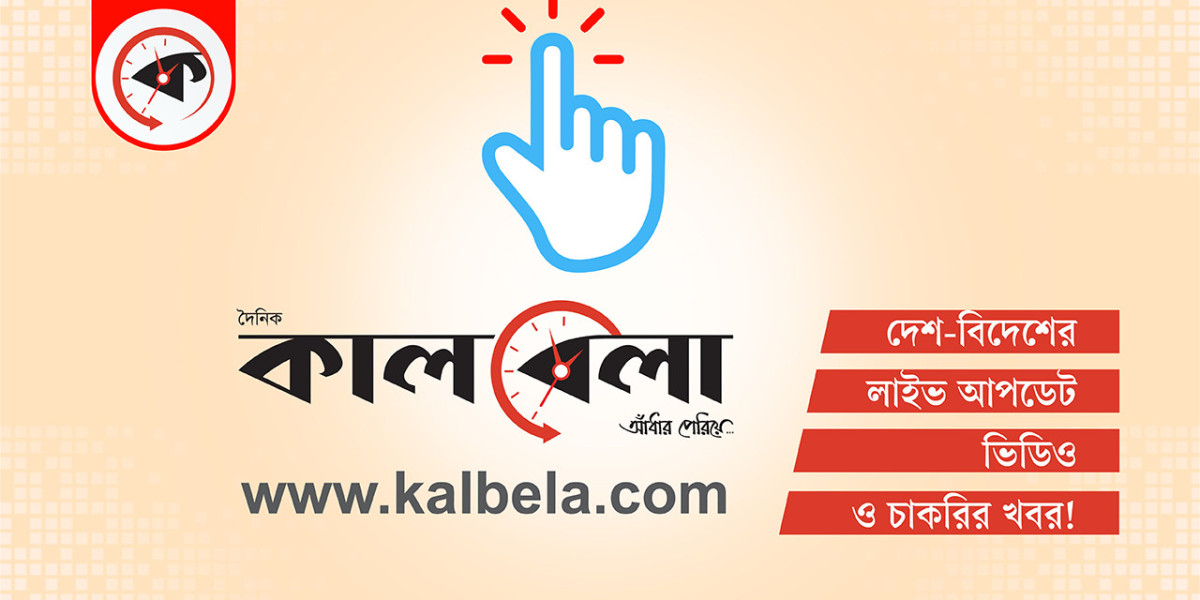Sustainable development refers to the practice of meeting the needs of the present generation without compromising the ability of future generations to meet their own needs. In Malaysia, sustainable development plays a crucial role in shaping the country's economic, social, and environmental future.
The concept of sustainable development is vital for Malaysia due to various factors. Firstly, as a developing country, Malaysia faces the challenge of achieving economic growth while minimizing the negative impacts on the environment and society. Secondly, the nation is committed to fulfilling the United Nations Sustainable Development Goals (SDGs), a global framework aimed at addressing pressing issues such as poverty, inequality, and climate change.
Malaysia recognizes the importance of sustainable development in achieving long-term prosperity and improving the well-being of its citizens. The Malaysian government has implemented various policies and initiatives to foster sustainable practices across different sectors. These efforts encompass areas such as urban planning, transportation, renewable energy, waste management, and conservation of natural resources.
By embracing sustainable development, Malaysia aims to create a harmonious balance between economic growth, social progress, and environmental protection. This approach not only enhances the quality of life for Malaysians but also positions the country as a responsible global citizen committed to tackling global challenges.
With the guidance and expertise of environmental consultants, Malaysia can effectively navigate the complexities of sustainable development and ensure a prosperous and sustainable future for generations to come.
Understanding the Role of Environmental Consultants in Sustainable Development
Trusted environmental consultants play a pivotal role in driving sustainable development initiatives, particularly in Malaysia. Their expertise and specialized knowledge enable them to contribute significantly to the attainment of sustainable development goals in the country. Here, we delve into the key role played by environmental consultants in advancing sustainable development in Malaysia.
Assessing Environmental Impact
One of the fundamental responsibilities of environmental consultants is assessing the environmental impact of proposed projects or development plans. Their expertise allows them to evaluate potential risks and provide recommendations for sustainable practices. By conducting thorough environmental impact assessments, they assist in ensuring that development initiatives align with sustainable principles and minimize harm to the environment.
Implementing Sustainable Strategies
Environmental consultants guide organizations, government agencies, and communities in implementing sustainable strategies and best practices. They analyze the intricate details of development projects and provide insights on incorporating eco-friendly designs, renewable energy sources, and efficient resource management systems. Their invaluable input facilitates the integration of sustainable principles into every stage of the development process.
Advocating for Sustainable Policies
Environmental consultants contribute their expertise in advocating for the adoption of sustainable policies at various levels. They actively participate in policy development and review processes to ensure that environmental considerations are adequately addressed. By infusing scientific evidence and expert knowledge, they influence decision-making processes by promoting sustainable practices and highlighting the significance of environmental protection.
Promoting Collaboration and Stakeholder Engagement
Successful sustainable development requires collaboration and stakeholder engagement. Environmental consultants play a vital role in fostering partnerships among government agencies, non-governmental organizations (NGOs), communities, and other stakeholders. They facilitate dialogue, share knowledge, and encourage collective action towards sustainable development goals. Through effective collaboration, they help overcome obstacles and create inclusive, long-term solutions.
Driving Innovation and Education
Environmental consultants drive innovation by introducing new sustainable technologies and practices. They stay updated with the latest advancements in environmentally-friendly solutions and share this knowledge with clients and communities. They also play a vital role in educating the public about sustainable practices, raising awareness, and encouraging behavior change that supports sustainable development.
Contribution of Environmental Consultants to the UN SDGs in Malaysia
Environmental consultants play a critical role in supporting Malaysia's efforts to achieve the United Nations Sustainable Development Goals (UN SDGs). Through their expertise and knowledge, they contribute to various initiatives that promote sustainable development across the country. These contributions have a significant impact on the environment, economy, and society as a whole.
Environmental Impact Assessment (EIA)
One of the key contributions of environmental consultants in Malaysia is conducting Environmental Impact Assessments (EIAs) for development projects. EIAs help identify and mitigate potential environmental risks associated with proposed projects. By assessing the potential impacts on air quality, water resources, biodiversity, and ecosystems, environmental consultants provide valuable insights to decision-makers, ensuring sustainable development practices are prioritized.
Renewable Energy Projects
Environmental consultants also play a vital role in promoting and evaluating renewable energy projects in Malaysia. They provide technical expertise to assess the feasibility and environmental impact of projects such as solar parks, wind farms, and hydroelectric plants. In collaboration with government agencies and private entities, environmental consultants contribute to the development of clean and sustainable energy sources, reducing the country's reliance on fossil fuels.
Sustainable Infrastructure Development
The expertise of environmental consultants is instrumental in driving sustainable infrastructure development in Malaysia. They contribute to the planning and design of infrastructure projects that align with the UN SDGs, considering factors such as energy efficiency, waste management, and green building practices. By integrating sustainable practices into infrastructure development, environmental consultants help reduce the ecological footprint and enhance the resilience of urban environments.
Conservation and Biodiversity Protection
Environmental consultants actively participate in conservation efforts and biodiversity protection in Malaysia. They work alongside government agencies, NGOs, and local communities to develop and implement conservation programs. These initiatives include habitat preservation, restoration of degraded ecosystems, and sustainable land use planning. By protecting Malaysia's rich biodiversity, environmental consultants contribute to the achievement of the UN SDGs, particularly those related to biodiversity conservation and sustainable land management.
Waste Management and Pollution Control
Addressing the challenges of waste management and pollution control is another significant contribution of environmental consultants in Malaysia. They advise government agencies and businesses on sustainable waste management practices, including recycling, waste reduction, and proper disposal methods. Through their expertise, environmental consultants support the implementation of environmentally sound waste management systems, minimizing the negative impacts of pollution on the environment and public health.
Socio-economic Development
Environmental consultants in Malaysia also recognize the importance of socio-economic development in conjunction with environmental sustainability. They contribute to projects that promote social well-being, economic growth, and environmental conservation simultaneously. For example, eco-tourism initiatives are developed with a focus on preserving natural resources and supporting local communities. By integrating social and economic factors into sustainability efforts, environmental consultants foster inclusive and balanced development in Malaysia.
Best Practices in Implementing the UN SDGs with the Help of Environmental Consultants
Implementing the UN Sustainable Development Goals (SDGs) in Malaysia is a complex task that requires a collaborative effort from various stakeholders. Environmental consultants play a crucial role in driving the successful implementation of these goals by providing their expertise and guidance. Here are some best practices for effectively implementing the UN SDGs in Malaysia with the help of environmental consultants:
- Conduct Comprehensive Sustainability Assessments
Before embarking on any sustainable development project, it is essential to conduct comprehensive sustainability assessments. Environmental consultants can assess the current state of affairs and identify areas that need improvement. By examining the environmental, social, and economic aspects of a project, consultants can provide valuable insights and recommendations for sustainable development.
- Develop Targeted Strategies
To ensure the effective implementation of the UN SDGs, it is crucial to develop targeted strategies that align with the specific goals and objectives of each goal. Environmental consultants can assist in developing these strategies by analyzing the specific needs and challenges of the project and recommending appropriate actions. These strategies should consider the local context, cultural sensitivities, and available resources.
- Foster Collaboration and Partnerships
Environmental consultants can facilitate collaboration and partnerships among various stakeholders, including government agencies, NGOs, and communities. By bringing together diverse perspectives and expertise, consultants can create a collaborative environment that fosters innovation and effective problem-solving. These collaborations can result in more comprehensive and sustainable solutions.
- Ensure Policy Compliance
An essential aspect of implementing the UN SDGs is ensuring policy compliance at all levels. Environmental consultants can help organizations and government bodies navigate the complex regulatory landscape and ensure that their actions align with the relevant policies and regulations. This includes complying with environmental standards, sustainability guidelines, and legal requirements.
- Promote Capacity Building and Knowledge Sharing
Environmental consultants can contribute to the implementation of the UN SDGs by promoting capacity building and knowledge sharing initiatives. They can conduct training programs, workshops, and seminars to enhance the understanding of sustainable development principles and practices among stakeholders. By equipping individuals and organizations with the necessary knowledge and skills, consultants support the long-term success of sustainable development efforts.
- Monitor and Evaluate Progress
Continuous monitoring and evaluation are critical for tracking progress and identifying areas that require improvement. Environmental consultants can develop monitoring frameworks and performance indicators to assess the effectiveness of sustainable development initiatives. Regular evaluations provide valuable feedback and insights, enabling stakeholders to make informed decisions and adjust strategies accordingly.
- Embrace Innovation and Technology
Incorporating innovative technologies and approaches can greatly enhance the implementation of the UN SDGs. Environmental consultants can provide guidance on the adoption of sustainable technologies and practices that reduce environmental impact and optimize resource utilization. This includes promoting renewable energy solutions, waste management systems, and sustainable building practices.
- Communicate and Engage with Stakeholders
Effective communication and stakeholder engagement are key to the successful implementation of the UN SDGs. Environmental consultants can facilitate meaningful dialogues and engagement processes to ensure that all relevant stakeholders are involved in decision-making processes. By creating a sense of ownership and collaboration, consultants can foster support and commitment towards sustainable development goals.
Collaborations and Partnerships for Sustainable Development in Malaysia
Collaborations and partnerships play a crucial role in driving sustainable development initiatives in Malaysia. Environmental consultants work closely with various stakeholders, including government agencies, non-governmental organizations (NGOs), and communities, to ensure effective implementation of sustainable development practices. These collaborations foster a holistic approach towards achieving the UN Sustainable Development Goals (SDGs) and pave the way for a sustainable future in the country.
Government Agencies and Environmental Consultants
Collaboration between environmental consultants and government agencies is vital in shaping sustainable development policies and strategies in Malaysia. Environmental consultants provide valuable expertise and insights to help government agencies incorporate environmental considerations into their decision-making process. They contribute to the development of sustainable urban planning, transportation networks, and conservation efforts.
Collaboration with NGOs and Communities
Engaging with NGOs and local communities is essential for successful sustainable development projects. Environmental consultants collaborate with NGOs on various initiatives, ranging from environmental conservation to community empowerment. These partnerships ensure that sustainability efforts align with local needs and concerns, fostering a sense of ownership among communities.
Multi-Stakeholder Partnerships for Collective Impact
To maximize the impact of sustainable development initiatives, environmental consultants, government agencies, NGOs, and communities need to work together in multi-stakeholder partnerships. These collaborations create a platform for shared knowledge, resources, and expertise, leading to more comprehensive and effective solutions.
Overcoming Challenges in Sustainable Development
Sustainable development initiatives in Malaysia face several common challenges and obstacles that hinder their successful implementation. However, environmental consultants play a crucial role in overcoming these challenges and driving sustainable development forward.
Lack of Awareness and Understanding
One of the primary challenges is the lack of awareness and understanding among the general population about sustainable development and its importance. Many people are unaware of the environmental, social, and economic benefits it can bring to their communities. Environmental consultants help bridge this knowledge gap by conducting public awareness campaigns, organizing workshops, and engaging with stakeholders to educate them about the significance of sustainable development.
Limited Resources and Funding
Limited resources and funding often pose challenges for sustainable development projects. Environmental consultants work closely with stakeholders, including government agencies, NGOs, and private organizations, to identify and secure funding sources. They assist in developing comprehensive project proposals that showcase the potential long-term benefits and return on investment, thus increasing the likelihood of securing financial support.
Complex Regulatory Environment
The regulatory environment surrounding sustainable development can be complex and challenging to navigate. Environmental consultants possess expertise in understanding and complying with environmental regulations and policies. They assist project teams in obtaining the necessary permits and adhering to environmental standards, ensuring that development projects align with sustainability goals and avoid negative environmental impacts.
Balancing Economic Development and Environmental Conservation
Achieving a balance between economic development and environmental conservation is another significant challenge. Environmental consultants play a key role in developing strategies and recommendations that promote sustainable economic growth while minimizing environmental harm. They conduct thorough assessments and provide expert advice to ensure that development projects are designed and implemented in an environmentally sensitive manner.
Stakeholder Engagement and Collaboration
Successful implementation of sustainable development initiatives requires effective stakeholder engagement and collaboration. Environmental consultants facilitate dialogue between different stakeholders, including communities, government agencies, NGOs, and businesses. Through their expertise in conflict resolution and communication, they foster partnerships and create opportunities for collaboration, ensuring that all voices are heard and considered in the decision-making process.
Monitoring and Evaluation
Monitoring and evaluating the progress and impact of sustainable development projects is crucial for their long-term success. Environmental consultants help design and implement monitoring systems that track key indicators and assess the effectiveness of initiatives. They analyze data, identify areas for improvement, and provide recommendations to optimize project outcomes and ensure continuous progress towards sustainable development goals.
Conclusion
Environmental consultants play a vital role in driving sustainable development in Malaysia and actively contribute to achieving the UN Sustainable Development Goals (SDGs). Through their expertise and knowledge, they help bridge the gap between environmental conservation, economic growth, and social well-being.
Environmental consultants in Malaysia have successfully led numerous sustainable development projects, resulting in positive environmental and social impact. This includes initiatives such as the revitalization of Kuala Lumpur's historic core, the improvement of public transportation systems, and the promotion of green building practices. These projects have not only improved the quality of life for Malaysian residents but also contributed to the long-term development and preservation of the country's natural resources.
Implementing the UN SDGs in Malaysia requires a multi-stakeholder approach, and environmental consultants often collaborate with government agencies, NGOs, and communities to drive sustainable development initiatives. By leveraging their expertise and facilitating partnerships, environmental consultants help overcome challenges such as traffic congestion, environmental degradation, and affordable housing.
In the pursuit of sustainable development, environmental consultants are instrumental in providing essential guidance, incorporating best practices, and ensuring the successful implementation of sustainable policies and projects. Their commitment to environmental stewardship and their ability to balance economic growth with environmental conservation make them integral to achieving a sustainable future for Malaysia.
By working together and prioritizing sustainable development, Malaysia can continue to make significant progress towards achieving the UN SDGs, thanks to the expertise and dedication of environmental consultants.



